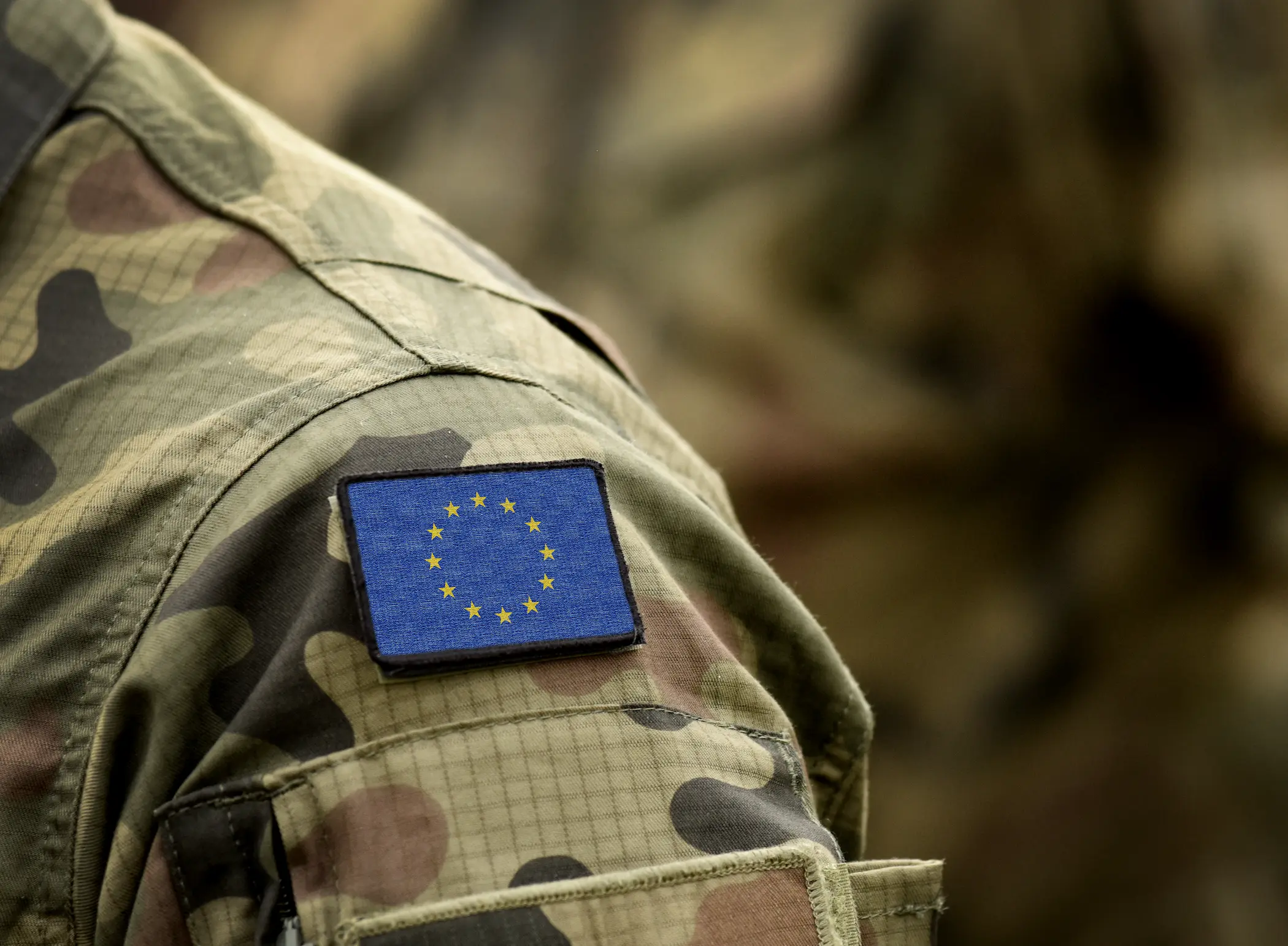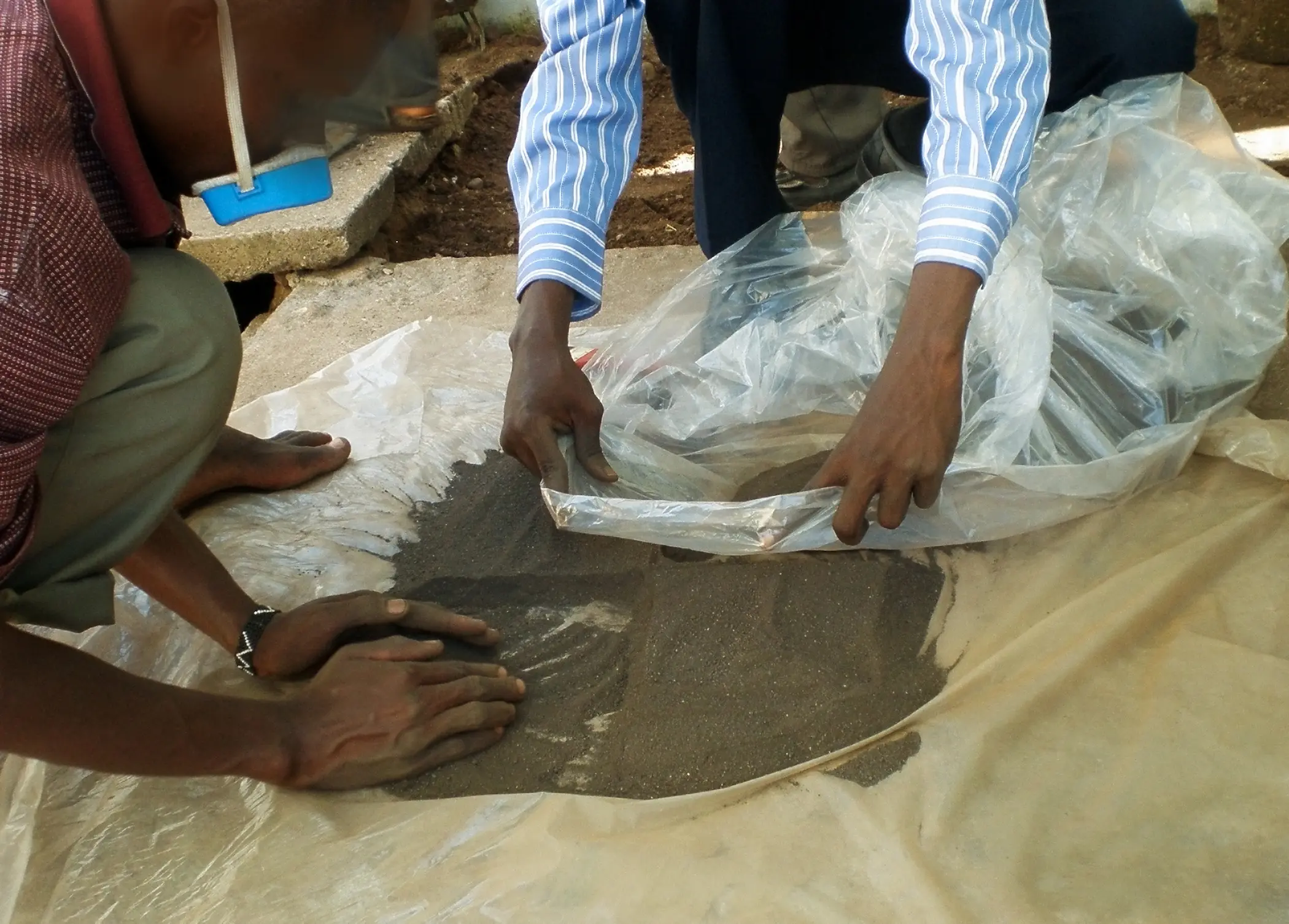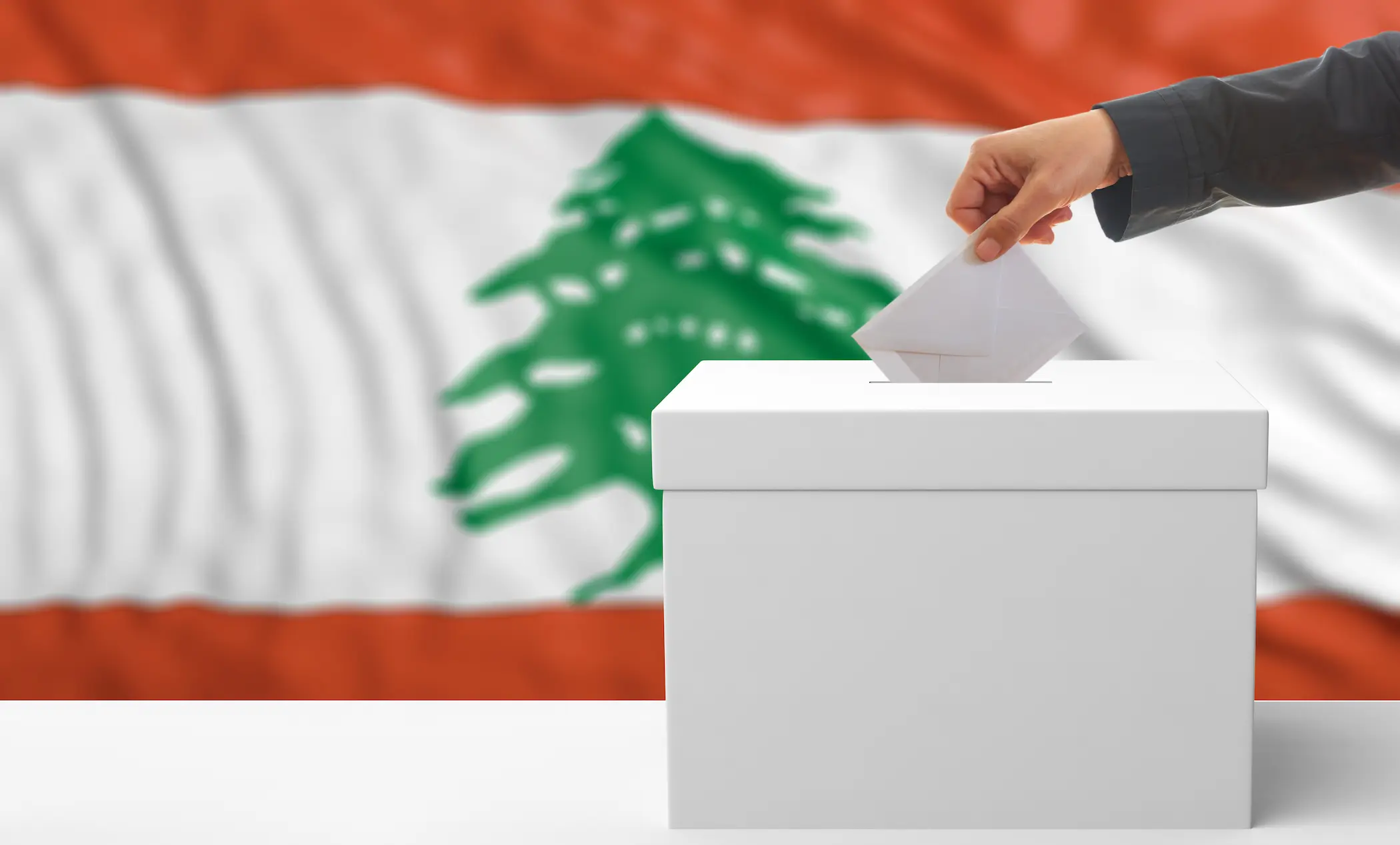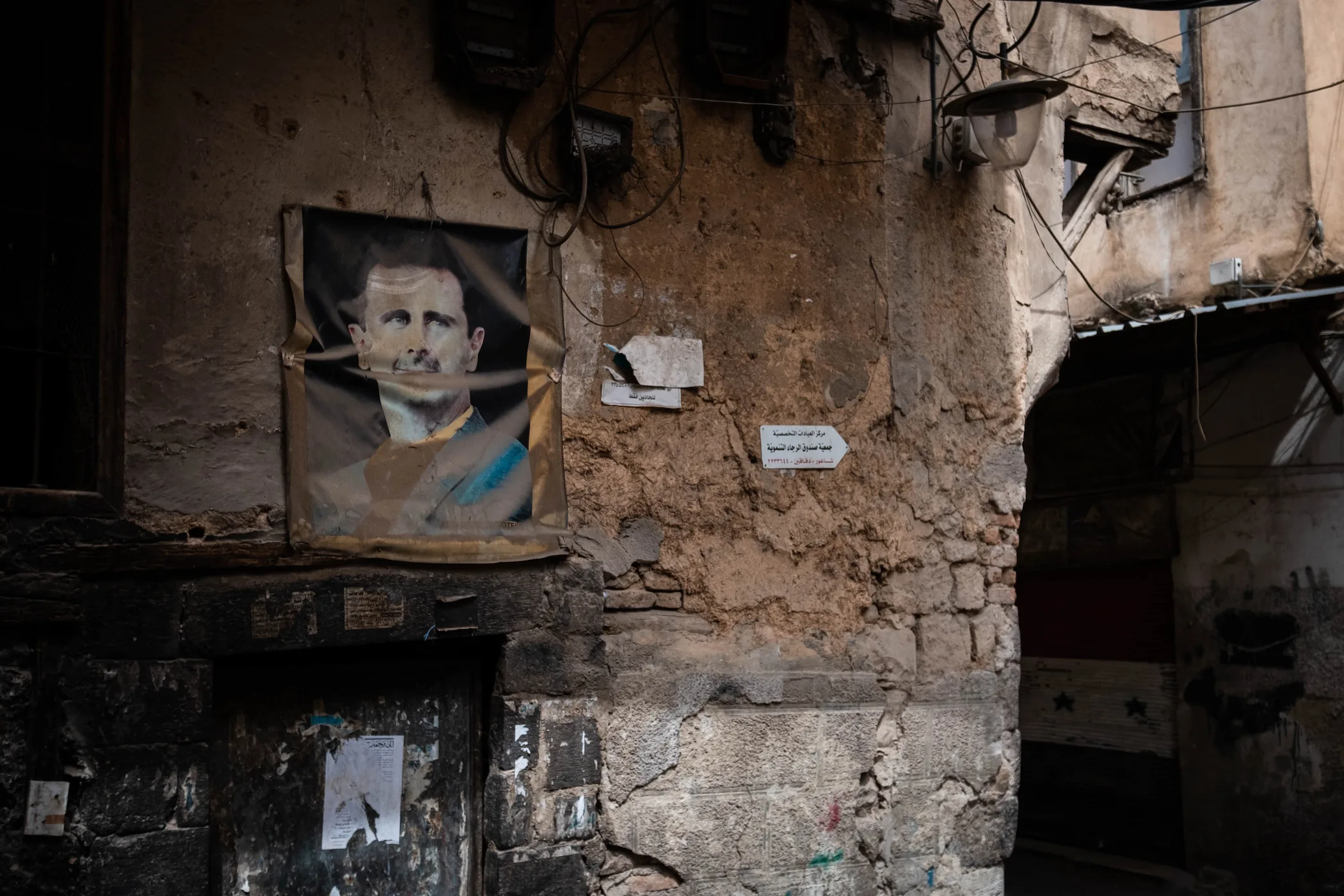10 Jul 2025
The Militarisation of European Politics
In the wake of the recent NATO summit, European leaders have committed to a landmark pledge: raising defence spending to 5% of GDP. Hailed by its backers as a historic move, the agreement reflects a sharp shift in European threat perception, driven not only by Russia’s ongoing war in Ukraine but also by the renewed pressure from Washington under the return of the Trump presidency. The "Trump effect" has reignited long-standing fears over the reliability of U.S. security guarantees, pushing Europe to take on greater defence responsibilities.
But while the pledge signals a tougher European posture, it raises pressing concerns. Can Europe realistically meet such ambitious targets without undermining the very democratic model it seeks to defend? As defence budgets grow, many fear this could come at the cost of welfare, social cohesion, and democratic checks, exposing the continent to a deeper risk: the creeping militarisation of European politics and the erosion of its democratic dividend.
10 Jul 2025
Sports Diplomacy and the Reduction of Global Political Tensions
Sports diplomacy is not something new. It can be traced back to the ancient Olympic Games, when Greek city-states suspended conflicts to compete peacefully. The modern Olympic movement, revived in 1896, was based on similar principles of fostering global unity. However, sports have also been used to serve political agendas, such as the 1936 Olympics in Berlin, during which Nazi Germany turned the games into a propaganda tool. In other cases, sports played an important diplomatic role to ease tensions between countries. The Ping-Pong diplomacy, for instance, facilitated communication between the U.S. and China in 1971, which later paved the way for President Richard Nixon’s historic visit in 1972. This analysis explores how sports diplomacy contributes to easing political tensions between countries.
1 Jul 2025
What If: The UN Runs Out of Money?
Since its establishment in 1945, the United Nations (U.N.) has played a central role in solidifying international cooperation and promoting global peace and security. However, the U.N.’s ability to fulfil its duties depends on financial contributions from member states. As an entity, the U.N. has several budgets, including the regular budget (covers political missions, the General Assembly workings, Security Council, human rights, and legal affairs), peacekeeping budget (covers the U.N. peacekeeping missions in areas of conflicts), and voluntary budgets (covers the activities of the UNHCR, WHO, WFP and other similar agencies). As advertised by the U.N., the organization is facing a huge financial deficit that can jeopardize its global role, thereby affecting global security.
Moreover, the U.N.’s financial deficit could have several implications, including worsening humanitarian crises, allowing regional organisations to fill the gap left by the U.N., and jeopardising the global order it has sustained following the end of the Cold War.
6 May 2025
DRC Minerals and a Potential U.S.–EU Confrontation
In a few months, the Trump administration is expected to push Rwanda and the Democratic Republic of Congo (DRC) to sign a peace deal which is supposed to be followed by a bilateral minerals’ agreement between the U.S. and the DRC. The agreement puts some parties in an advantageous position while leaves others with a less fortunate fate. The U.S. is supposed to gain economically and politically by this agreement especially when it comes to its rivalry with China. While the DRC is expected to gain in the short-term leveraging the “conflict minerals” narrative, the long-term consequences are not necessarily desirable. The EU is left with the undesirable situation. The bloc will either adjust its policies toward the DRC’s minerals or remain in a situation where a clash with the Trump administration is possible. While a direct military confrontation between the two powers remains improbable, a proxy war in which M23 rebels are a main actor is possible. Additionally, with minerals gaining increasing geoeconomic relevance, Trump has eyed several countries including Ukraine, and the DRC, who could be his next target?
15 Apr 2025
Ripple Effect: Trump Tariffs and the World’s Economic Quake
In April 2025, the Trump administration stunned global markets by announcing a sweeping tariff expansion under the International Emergency Economic Powers Act (IEEPA), introducing a flat 10% universal tariff on all imports. This move, framed as a national economic emergency response, immediately triggered global trade uncertainty and diplomatic friction. The policy marked a significant escalation of Trump’s protectionist agenda, signalling a break with multilateralism and targeting long-standing trade imbalances with strategic rivals and allies alike. We found that the United States (U.S.) trade structure is deeply imbalanced, with persistent deficits concentrated in sectors essential to industrial production, such as machinery, electronics, and vehicles. These deficits have exposed the U.S. to retaliatory measures from key trade partners—particularly China, Canada, and the EU—who have calibrated their responses to hit politically and economically sensitive export categories. Tariffs have initiated a multi-channel inflationary shock: direct consumer price increases, rising intermediate input costs, and cascading pressures on logistics and wages. The compounded effect has resulted in a net consumer price index (CPI) increase of approximately 1.2%, with higher spikes in key durable goods. Global supply chains are beginning to reconfigure.
The automotive sector, in particular, has seen disruption in bilateral flows with traditional partners, creating openings for new logistical nodes. The UAE stands out as a beneficiary, attracting redirected FDI and becoming a strategic re-export and final assembly hub. Collectively, these findings underscore a paradox: while the policy aims to reduce dependency and correct trade imbalances, it simultaneously accelerates external retaliation, domestic cost pressures, and global fragmentation in trade infrastructure.
25 Feb 2025
How Does Populism Shape National and Global Politics?
Populism has recently risen in different regions, including Europe and the United States, constituting a challenge to local and global politics. While this phenomenon existed in Europe before the Second World War (WII), the rise of the Soviet Union as a principal threat to Europe after WII prompted them to neglect populism’s negatives and emphasise confronting the Soviet challenge. After the collapse of the Soviet Union in 1991, Europe began an institutionalised process of identifying new internal and external threats, attempting to keep its capabilities mobilised for confronting challenges that might suddenly arise. This process led to identifying several internal threats, such as migration, lack of skilled employment, and populism as serious threats. Moreover, European integration began a new phase with the conclusion of the Maastricht agreement in 1992, creating the EU in its current form, which prompted Europeans to identify populism as a threat that might impede European integration.
11 Feb 2025
What Is Beyond the USAID Controversy?
Recent decisions by U.S. President Donald Trump cutting aid to foreign countries and dismantling the U.S. Agency for International Development (USAID) have sparked global backlash. While the impact of cutting aid is substantial, the broader significance of this move cannot be overlooked. It reflects a deeper shift in the Trump administration’s foreign policy strategy. But what are the implications for the U.S. and its adversaries?
10 Feb 2025
Turkey and Iran: Commonalities and Contradictions
Following the Arab Spring, Turkey and Iran started expanding their influence in the region, utilising the state of instability. While both countries compete over expanding influence in Syria, Iraq, and Azerbaijan, they managed to maintain strong mutual relations. The analysis examines foreign policy tools employed by both countries to maximise their benefits along with analysing the commonalities and differentiation of interests between them in the Middle East.
20 Jan 2025
Is the Russia-Ukraine War Nearing Its End?
President-elect Donald Trump has pledged to bring an end to the Russia-Ukraine war, though he has yet to specify how. A negotiated settlement appears to be the only viable path forward, as a decisive military victory for either side seems unlikely. Western nations, particularly those in Europe, are struggling with internal challenges, leaving them in a weak position with limited leverage at the negotiating table. Meanwhile, Russia also finds itself in an unenviable situation, creating a potential opening for Trump to encourage both parties toward a resolution. However, for any agreement to lead to lasting peace, security guarantees for Ukraine must be a central component. These guarantees are likely to be the key trade-off for any concessions that Europe would likely offer.
8 Jan 2025
Back to Square One: Will the Presidential Vacuum in Lebanon Come to an End?
Lebanese Parliament Speaker Nabih Berri reiterated his call for a general session of Parliament on Jan. 9, 2025, to elect a new president as Lebanon’s presidential vacuum stretches into its third year. This call comes amid an ongoing crisis that began on October 31, 2022, following the end of former President General Michel Aoun's term. Aoun’s departure marked the conclusion of a previous presidential vacuum that lasted for 29 months, during which 45 attempts to reach a quorum for his election were unsuccessful. In the current vacuum, Parliament has failed to elect a president after twelve sessions, the most recent of which was held on June 14, 2024. This series of unsuccessful attempts highlights the profound complexities of Lebanon’s political process.
Recent domestic initiatives aimed at resolving the presidential vacancy and reaching a consensus on a candidate have also faltered. Meanwhile, representatives from five key countries, the United States, France, Saudi Arabia, Egypt, and Qatar, continue their efforts to mediate and navigate the obstacles hindering Lebanon’s political forces from agreeing on a mechanism to address the protracted vacancy crisis.
Amid persistent uncertainty surrounding the identity of Lebanon’s next president, political circles have been actively circulating the names of potential candidates. Among these, Commander of the Lebanese Army General Joseph Aoun, has emerged as a strong contender and is widely viewed as a likely consensus candidate.
The upcoming parliamentary session has ignited significant hopes that it may produce tangible results and lead to the selection of a new occupant for Baabda Palace. However, this optimism is tempered by pressing questions about whether Lebanon’s political forces can overcome their divisions, resolve the presidential vacuum, and converge on a candidate amidst the shifting political dynamics within Lebanon and across the region.
23 Dec 2024
The Fall of Al-Assad: Beyond the Defeat of a Regime
More than a decade after the outbreak of the Syrian Civil War, the unexpected fall of the Assad regime shocked many commentators and world leaders who believed that President Bashar Al-Assad had firmly consolidated his power. This development demonstrated that despite enduring years of civil war, Syria continues to hold strategic relevance at both regional and international levels. The conflict has provided an opportunity for regional and global powers to establish a presence in the country, amplifying the impact of the regime's collapse far beyond Syria's borders. Notably, the fallout has produced clear winners, with Turkey and Israel at the forefront, and losers, including Russia and Iran. Meanwhile, some European countries have discreetly benefited from the situation without openly acknowledging their gains.
8 Dec 2024
Are We Waving Goodbye to Macron?
France's political crisis is moving toward uncharted territory. Since June, President Emmanuel Macron has thrown the nation into turmoil by calling for snap elections. This decision set off a cascade of crises, culminating in the resignation of Michel Barnier, the shortest-serving prime minister in France’s modern history. The fallout isn’t confined to France alone; its ripple effects are being felt across the European continent. Considered the culprit of all this, the question looms: will Macron soon be ousted?











